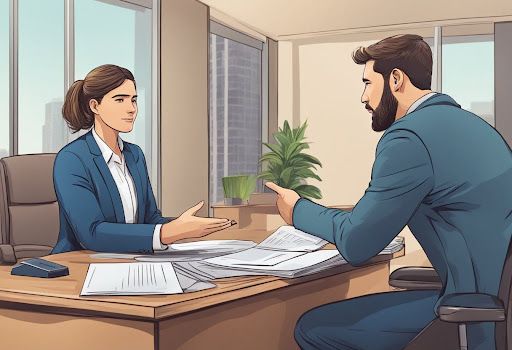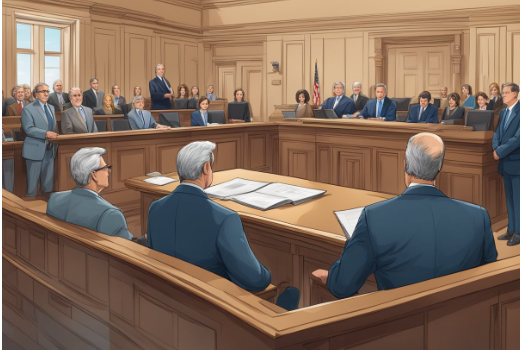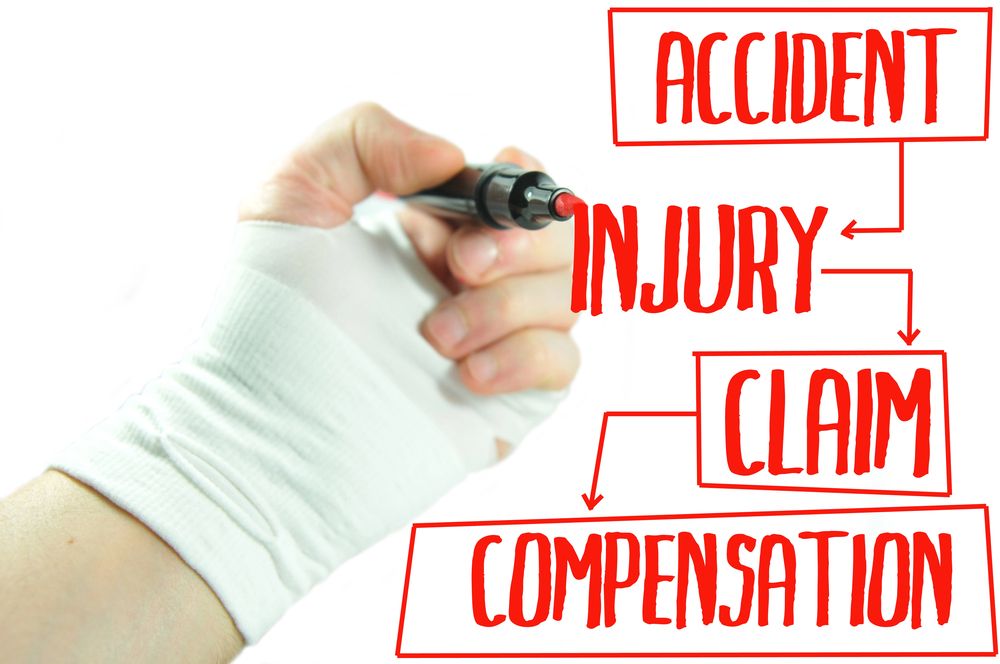How to Navigate Personal Injury Claims in Georgia: Key Steps and Legal Tips

Navigating Personal Injury Claims: What You Need to Know After an Accident in Georgia
Experiencing an accident can be overwhelming, especially when dealing with the aftermath. Navigating personal injury claims in Georgia involves understanding several important legal principles and taking strategic steps to protect your rights. Here's a guide to help you through the process, making sure that you know what to do and what to expect.
Immediate Actions to Take After an Accident
- Ensure Safety and Seek Medical Attention: Your health and safety should always be your top priority. Move to a safe location if possible and seek medical attention immediately, even if your injuries seem minor. Some injuries may not be apparent right away.
- Contact Law Enforcement: Report the accident to the police to have an official record. This documentation can be crucial for your personal injury claim.
- Gather Evidence: Collect information at the scene, including photos of the accident site, vehicle damage, and any visible injuries. Also, obtain contact information from witnesses and other parties involved.
- Notify Your Insurance Company: Inform your insurance provider about the accident as soon as possible. Be honest and concise in your communication and avoid admitting fault.
- Maintain a Record of Medical Treatment: Keep detailed records of all medical treatments, prescriptions, and related expenses. These documents will be essential when calculating damages.
Understanding Georgia's Personal Injury Laws
- Statute of Limitations: In Georgia, you have two years from the date of the accident to file a personal injury lawsuit. Missing this deadline could forfeit your right to seek compensation.
- Comparative Negligence: Georgia follows a modified comparative negligence rule. This means that your compensation can be reduced by your percentage of fault in the accident. If you are found to be 50% or more at fault, you may not be able to recover damages.
Filing a Personal Injury Claim in Georgia
Consult with a Personal Injury Attorney: Legal representation can be invaluable. An experienced attorney will guide you through the complexities of the law, help gather evidence, and negotiate with insurance companies on your behalf.
- Establish Liability and Damages: Your attorney will help establish the other party’s liability and quantify your damages, including medical expenses, lost wages, and pain and suffering.
- Negotiating with Insurance Companies: Insurance companies often aim to minimize payouts. Your attorney can handle communications and negotiations, ensuring you receive a fair settlement.
- Prepare for Litigation if Necessary: If a fair settlement cannot be reached, your attorney may recommend taking the case to court. They will prepare your case thoroughly and represent you during the trial.
Little-Known Facts About Personal Injury Claims in Georgia
Georgia's 'Impact Rule': Unlike many states, Georgia follows the "Impact Rule" for emotional distress claims. This means that to recover damages for emotional distress, the plaintiff must prove that a physical impact occurred during the incident. This rule can complicate claims where the primary harm is emotional or psychological.
- Historical Cases with Unique Outcomes: One notable case involved a precedent-setting decision where the court allowed recovery for injuries sustained due to an unexpected allergic reaction to a product. This decision broadened the scope of what could be considered a personal injury under product liability law in Georgia.
- Pre-Settlement Funding Options: In Georgia, plaintiffs in a personal injury case can access pre-settlement funding. This financial assistance helps cover living expenses while waiting for the lawsuit to be resolved. However, it's a loan against the potential settlement, and it's important to understand the terms carefully.
- No Cap on Damages: Unlike some states that limit the amount of compensation for non-economic damages like pain and suffering, Georgia has no cap. This allows for potentially higher settlements or verdicts, reflecting the full extent of a plaintiff’s non-economic losses.
- Contributory Negligence Prior to 2005: Before switching to a comparative negligence system in 2005, Georgia followed a contributory negligence rule, which barred recovery if the plaintiff was found to be even slightly at fault. The shift to comparative negligence has made it easier for plaintiffs to recover damages, even if they share some blame for the accident.
By understanding these nuances, individuals can gain a deeper appreciation for the complexities of Georgia's personal injury laws and how they might affect the outcome of a claim. These little-known aspects can provide strategic advantages when navigating the legal process and ensure that claimants are fully informed about their rights and options.
The Role of Legal Representation
Having a skilled personal injury attorney is crucial in effectively managing your claim. They provide expertise, and peace of mind, and significantly increase your chances of securing a favorable outcome. An attorney will ensure that your rights are protected and that you receive the compensation you deserve for your injuries and losses.
Now You Are in the Know
Navigating a personal injury claim in Georgia can be daunting, but understanding the process and knowing your rights can significantly ease the burden. Prioritize your health and gather evidence meticulously. With the guidance of a knowledgeable attorney, you'll be well-equipped to navigate the legal landscape and secure the compensation you're entitled to. If you've been injured in an accident, don't hesitate to reach out to a personal injury lawyer who can provide the support and representation you need.
Frequently Asked Questions
What is the process of filing a personal injury claim in Georgia after an accident?
Filing a personal injury claim in Georgia involves several crucial steps. First, ensure you have received medical attention for your injuries and gathered evidence from the accident scene, such as photos and witness contact information. Notify your insurance company about the accident promptly. It's advisable to consult with a personal injury attorney who can guide you through the legal process. Remember, you have a two-year statute of limitations from the date of the accident to file your claim.
How is compensation determined in a personal injury claim in Georgia?
Compensation in a personal injury claim in Georgia is determined by evaluating economic and non-economic damages. Economic damages include quantifiable losses such as medical bills, property damage, and lost wages. Non-economic damages cover pain and suffering, emotional distress, and loss of enjoyment of life. Georgia follows a modified comparative negligence system, meaning your compensation can be reduced by your percentage of fault in the accident. However, there is no cap on non-economic damages, allowing for potentially higher settlements.










